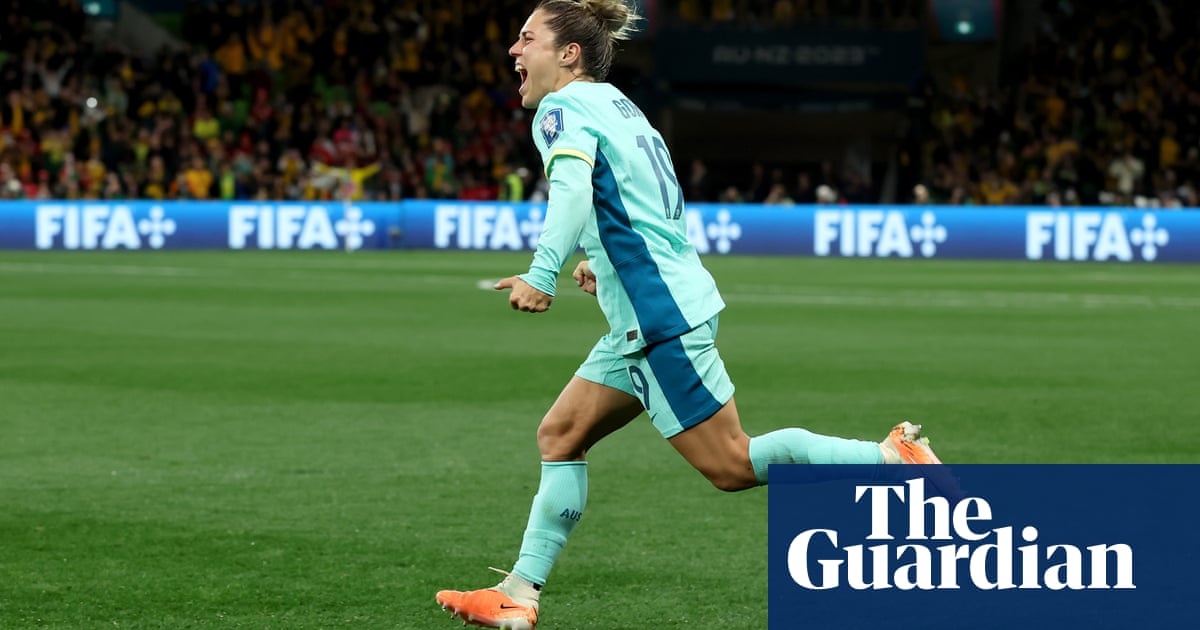
Life is about striking a balance between giving and taking. It’s one of those rules passed down from generation to generation. But how does it apply to sports, and specifically to athletes? Decision-makers and authorities provide facilities, venues, and financial support, and athletes, in return, offer their time, dedication, talent and achievements — and many other things, of course.
What about the relationship between athletes and society? In my 15 years as a sports journalist, I’ve seen how society takes pride in its athletes and their achievements, but also how many parents — even today — would be very reluctant to encourage their children, however talented, to pursue a career in sports.
Top sportsmen and women carry a great burden, acting as ambassadors for their sport and for their country, and would appreciate being afforded greater respect. A National Sport ID — with benefits including medical insurance — would be a good start for elite athletes. I believe this will have a great impact not just on the athletes, but on their standing in society, showing people how important they are.
I have seen, from being with the bowling federation, how tough it can get for our bowlers when traveling to compete abroad. They always face difficulties at the airport, explaining why they’re carrying their heavy equipment and what it is they do — even with official documentation from the bowling federation. Sometimes they end up leaving their precious (and expensive) bowling balls behind so that they can catch their flight without having to pay for the extra weight. All this unnecessary stress is extremely unhelpful when they are trying to focus on competing against the best in the world.
Being able to celebrate the victories of our elite athletes is important: It sets a great, and healthy, example for children — and might embolden more parents to encourage their children to take up sports. But in the bigger picture, successful athletes also contribute to the economy, tourism, marketing, culture and other industries in their countries. Not to mention, for those who can afford it, charitable work and donations to improve society.
It seems the private sector is still reluctant to sponsor elite athletes, except for footballers though. Is it really all about the money? As we move towards Saudi Vision 2030 and a grand attempt to make our country better in every way possible, shouldn’t that include our sportsmen and women?
This week, the Philippine Sports Commission (PSC) announced that its national athletes would receive discount privileges. More than 1,000 kits containing ID cards and discount booklets for essential items were issued to athletes and coaches.
According to a recent article in sporttechie.com about America’s National Sport ID program (NSID), its founder and CEO Ryan Tremblay said the program was “leveling the playing field in the youth sports world.”
“Organizations like Ripken Baseball are leading the way in preserving the safety and integrity of their tournaments by stepping up their game in age verification,” Tremblay said.
It seems that even a small adjustment like an NSID program would offer benefits including the elimination of the need for players to carry birth certificates or proof-of-age documents when traveling to competitions. I believe it would also be useful if it were linked to the Ministry of Health and the Ministry of Education to facilitate easy traveling to competitions and training camps abroad. It would also be helpful in case of medical or health emergencies to identify national athletes and be able to help them accordingly. Various brands have already produced a health ID bracelet to serve such a cause.
With the increased participation of women and a stronger interest in nurturing young talent, I believe such a move would be a major step in the right direction. After all, what example are we trying to set for the younger generation? Why would they consider a career in sports if they see that their seniors and peers receive little recognition?
We need to incentivize them to stay fit, work hard and deliver victories, and show them that, in return, they will be rewarded. This would hopefully keep them focused at a time when there are so many distractions — online and offline — and serve to demonstrate to them that they can use their talents to earn a stable income, and the respect of society as a whole.
• Dr. Razan Baker is a director of international communication at the Saudi Olympic Committee, member board of directors, Saudi Bowling Federation; media and marketing committee member, Saudi Arabia Olympic Committee; specialist in corporate social responsibility in sports, and a sports columnist/journalist.
Twitter: @RazanBaker
Disclaimer: Views expressed by writers in this section are their own and do not necessarily reflect Arab News" point-of-view












